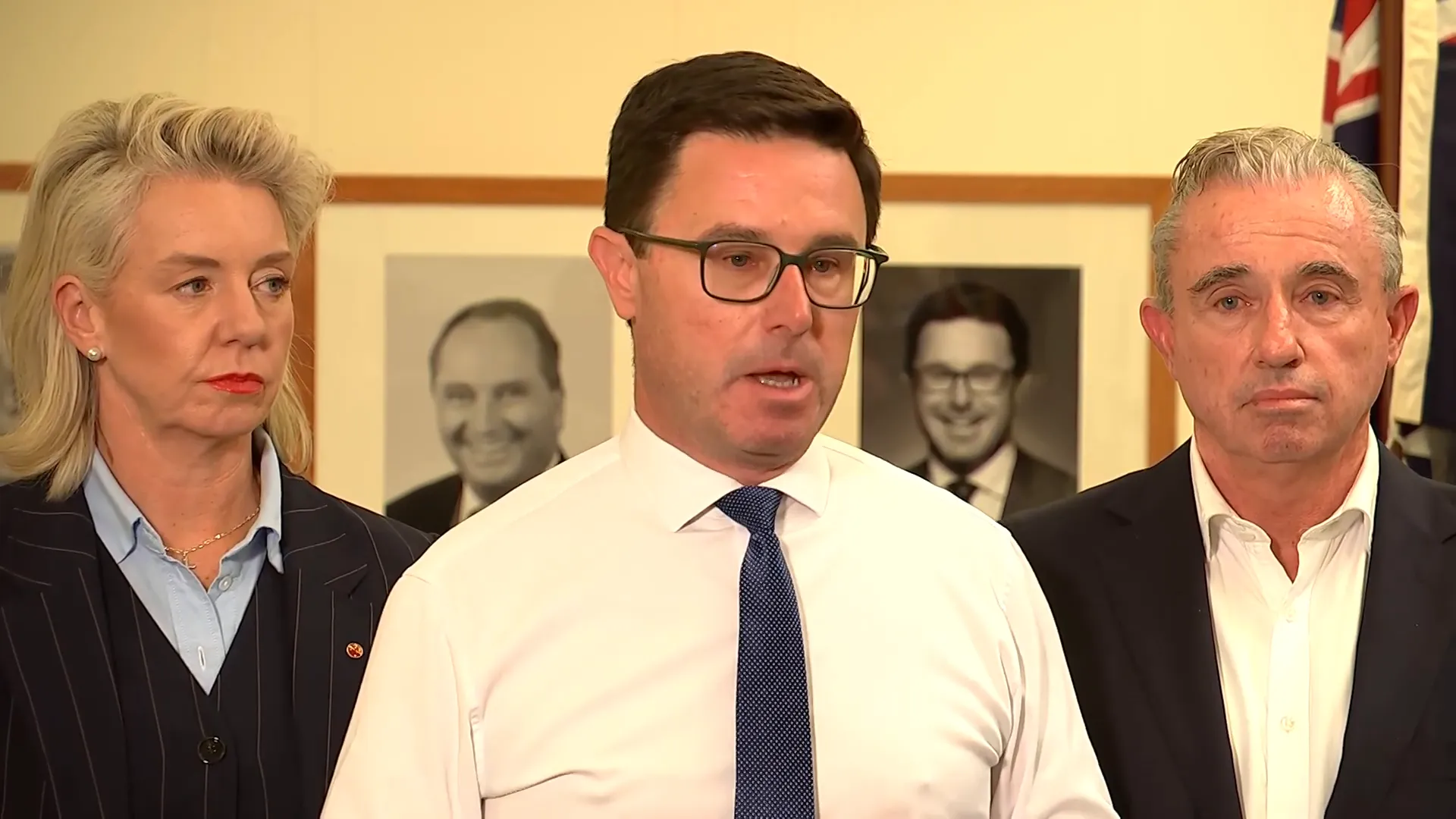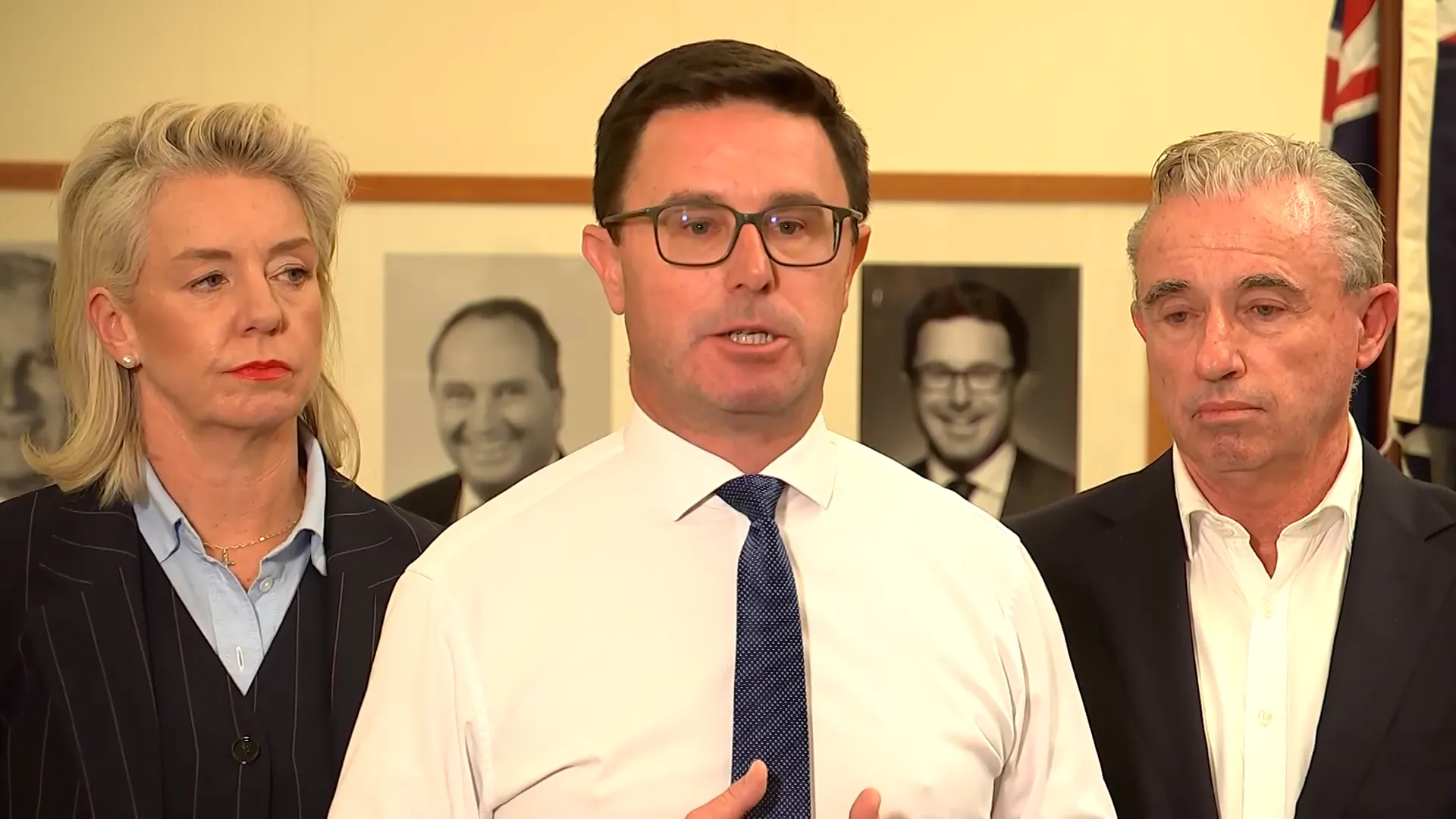May 20, 2025
Nationals Abandon Coalition Agreement: A New Direction for Regional Australia
In a significant political shift, the Nationals, led by David Littleproud, have decided not to re-enter into a coalition agreement with the Liberal Party. This decision comes in the wake of a devastating defeat in the recent elections and aims at reshaping the political landscape to better represent the interests of regional Australians. This article delves into the reasons behind this decision, the implications for both parties, and what it means for the future of regional policy in Australia.
Table of Contents
- Understanding the Coalition Agreement
- Key Points from the Announcement
- Implications for Regional Australia
- Building a Stronger Relationship with the Liberals
- Public Reaction and Political Analysis
- Conclusion: A New Era for Regional Politics
- FAQ
Understanding the Coalition Agreement
The coalition agreement has been a cornerstone of Australian politics, especially for regional parties like the Nationals. This decision marks a pivotal moment as the Nationals assert their independence, focusing on policies that directly impact their constituents. Littleproud emphasized the need to stop looking back and instead focus on building a future that prioritizes the needs of regional Australians.

Key Points from the Announcement
- Respect for Personal Circumstances: Littleproud made it clear that discussions with Liberal leader Susan Lee were conducted with respect, particularly considering her personal circumstances following the loss of her mother.
- Independence of the Nationals: The Nationals will now operate independently, which Littleproud believes is essential for maintaining their core principles and ensuring they can advocate effectively for regional issues.
- Focus on Policy, Not Politics: The emphasis will shift to securing policies that have a direct impact on regional communities, such as the Regional Australia Future Fund and reforms in the supermarket industry.
Implications for Regional Australia
By stepping away from the coalition agreement, the Nationals are taking a bold stance that they believe will allow them to better serve their constituents. This decision is rooted in the belief that the needs of regional Australians have been overlooked in recent political dialogues.
Policy Priorities Moving Forward
The Nationals have outlined several key policy priorities that they feel are essential for the future of regional Australia:
- Nuclear Energy: Advocating for the inclusion of nuclear energy as part of a diversified energy grid. Littleproud argues that Australia should utilize its uranium resources to provide reliable and sustainable energy.
- Divestiture Powers for Supermarkets: This aims to protect local farmers and consumers from unfair practices by large retailers, ensuring a fairer marketplace.
- Universal Service Obligation Reforms: Extending this obligation to include mobile phone services, as many regional Australians face significant communication barriers.
Building a Stronger Relationship with the Liberals
Despite the decision to part ways, Littleproud expressed a willingness to maintain open lines of communication with the Liberal Party. He acknowledged the importance of a healthy opposition and is committed to working with Lee to potentially re-establish a coalition in the future.

Challenges Ahead
Both parties face significant challenges in the current political climate. The Nationals must navigate their newfound independence while ensuring they remain relevant and effective advocates for their constituents. Meanwhile, the Liberal Party faces the task of rebuilding and redefining its identity in light of this split.
Public Reaction and Political Analysis
The decision has sparked varied reactions among the public and political analysts. Many regional Australians are hopeful that this move will lead to more focused policies that address their unique needs. Conversely, some analysts warn that the separation could weaken both parties, making it difficult for either to form a government in the future.
Expert Opinions
Political commentators have weighed in on the implications of this decision:
- Regional Voices Matter: Experts suggest that the Nationals' independence could amplify the voices of rural Australians, who often feel marginalized in national conversations.
- Potential for Collaboration: Some analysts believe that this separation may eventually lead to a stronger coalition, as both parties will have the opportunity to clarify their positions and priorities.
Conclusion: A New Era for Regional Politics
As the Nationals embark on this new journey, their commitment to championing regional issues remains steadfast. The decision to abandon the coalition agreement reflects a principled stand that prioritizes the needs of regional Australians. Moving forward, it will be crucial for both the Nationals and the Liberals to navigate this new political landscape with respect and cooperation, ensuring that the voices of all Australians are heard.
For more insights into the political landscape and other breaking news, check out Breslin Media's Politics section.
FAQ
What does it mean for the Nationals to abandon the coalition agreement?
Abandoning the coalition agreement means that the Nationals will operate independently, allowing them to focus on policies that directly benefit regional Australians without having to compromise with the Liberal Party.
What are the key policy priorities for the Nationals moving forward?
The key policy priorities include advocating for nuclear energy, divestiture powers for supermarkets, and reforms to the universal service obligation to improve communication services in regional areas.
Will the Nationals work with the Liberal Party in the future?
Yes, David Littleproud has expressed a willingness to keep open lines of communication with the Liberal Party, with the hope of potentially re-establishing a coalition in the future.
How have the public reacted to this decision?
Public reaction has been mixed, with many regional Australians expressing hope for better representation, while some analysts warn that this split could weaken both parties.
For further updates on regional issues and politics, visit Breslin Media's National News section.